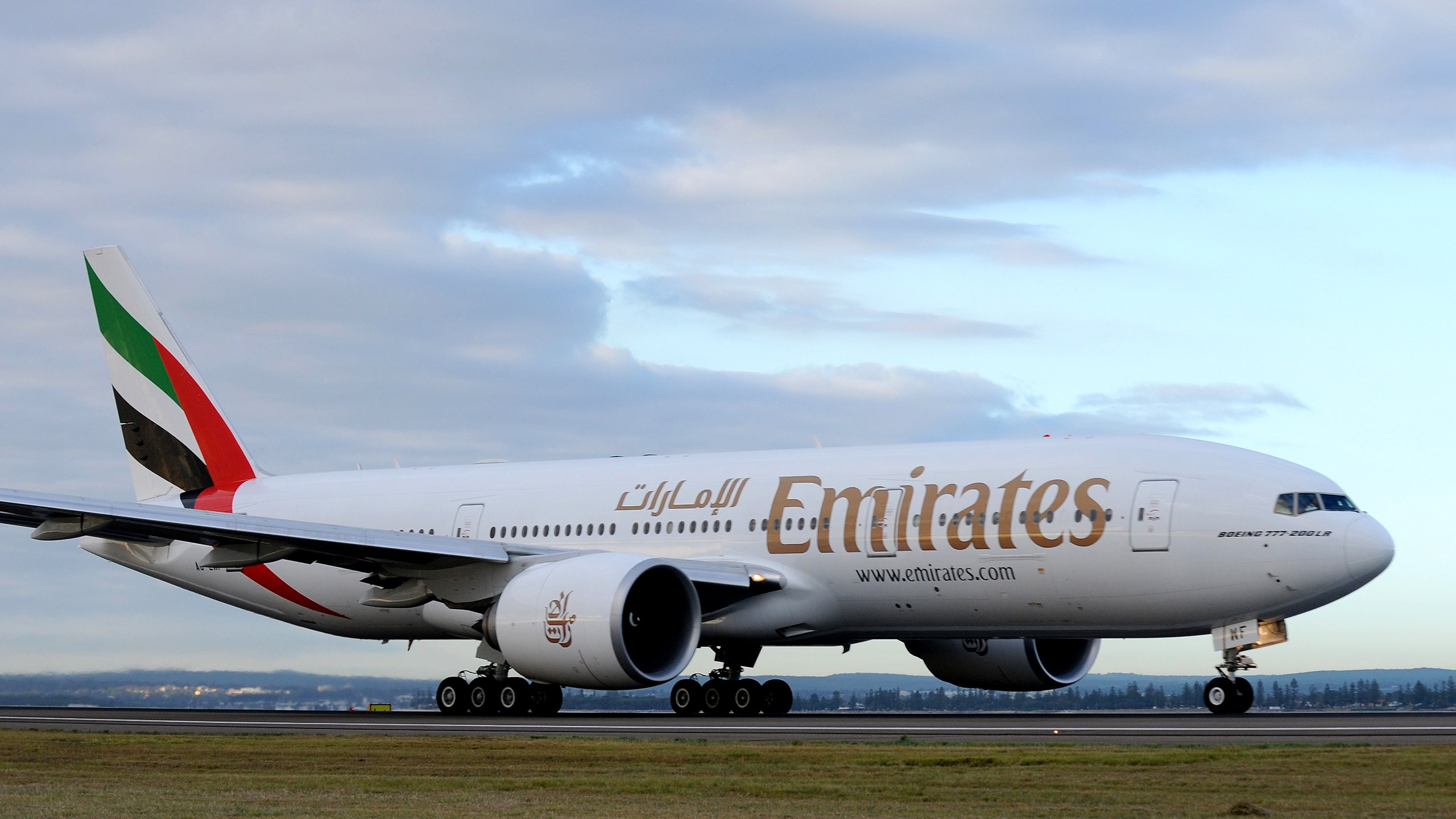Decline in Passenger Traffic as ‘War’ with Emirates, Etihad Continues
Nigeria has continued to witness a decline in passenger traffic at a time of optimism of a recovery due to the opening up of airports and flight activities globally. This sudden drop in projection is not unconnected with the ongoing squabble between the Nigerian aviation authorities and that of the United Arab Emirates (UAE) which led to the suspension of Emirates and Etihad from the Nigerian airspace. A recent report puts the decline in international passenger traffic at 20 percent as a result of the ongoing spat.

It could be recalled that the spat which has lasted longer than expected leading to the stoppage of flights from the UAE to Nigeria as a result of disagreement over the appropriate Covid-19 protocols. Dubai Airport authorities subjected travelers from Nigeria to more strenuous checks following cases of fake COVID-19 PCR test results coming from Nigeria. The Nigerian government preferred the Polymerase Chain Reaction (PCR) tests over the rapid antigen tests which Emirates and other airlines seem to favour. Nigeria’s insistence on PCR led Emirates Airlines to deny many passengers from Nigeria boarding, a decision the Nigerian government fought against. This is even as the International Air Transport Association (IATA) urged governments to accept best-in-class rapid antigen tests following the publication of new research findings.
OXERA-Edge Health report, commissioned by IATA found rapid antigen tests to be most effective because the best antigen tests provide broadly comparable results to PCR tests in accurately identifying infected travellers. The BinaxNOW antigen test, for example, misses just one positive case in 1000 travellers (based on an infection rate of one per cent among travellers). And it has similarly comparable performance to PCR tests in levels of false negatives. In terms of convenience, processing times for antigen tests are 100 times faster than for PCR testing. Cost-efficient: antigen tests are, on average, 60 per cent cheaper than PCR tests.
Read also:Africa’s Business Heroes Prize Competition Calls for 2021 Applications
According to IATA’s Director General and CEO, Alexandre de Juniac, international aviation would energise the economic recovery from COVID-19, adding that along with vaccines, testing will play a critical role in giving governments the confidence to re-open their borders to travellers. For governments, the top priority is accuracy. But travellers will also need tests to be convenient and affordable. The OXERA-Edge Health report tells us that the best-in-class antigen tests can tick all these boxes. It’s important for governments to consider these findings as they make plans for a re-start,” de Juniac said.
Read also:Savings, Wealth Management and Insurance Provides Biggest Opportunities for Fintech in Africa.
He added that testing requirements are currently fragmented, which is confusing to travellers. Moreover, many governments do not allow rapid testing. If the only options available for travellers are PCR tests, these come with significant costs disadvantages and inconvenience. And in some parts of the world, PCR testing capacity is limited, with priority correctly given to clinical use.
“Travellers need options. Including antigen testing among acceptable tests will certainly give strength to the recovery. And the EU’s specification of acceptable antigen tests offers a good baseline for wider international harmonisation of acceptable standards. We now need to see governments implement these recommendations. The goal is to have a clear set of testing options that are medically effective, financially accessible, and practically available to all prospective travelers,” de Juniac said.
This ongoing disagreement according to the Airline Passenger Joint Committee (APJC) has had a negative impact on international passenger traffic as the withdrawal of the UAE airlines has led a two weeks slump from projected 45 percent to a dismal 15 percent.This is not good for the Nigerian economy and the aviation sector in particular, says APJC.
Kelechi Deca

Kelechi Deca has over two decades of media experience, he has traveled to over 77 countries reporting on multilateral development institutions, international business, trade, travels, culture, and diplomacy. He is also a petrol head with in-depth knowledge of automobiles and the auto industry



